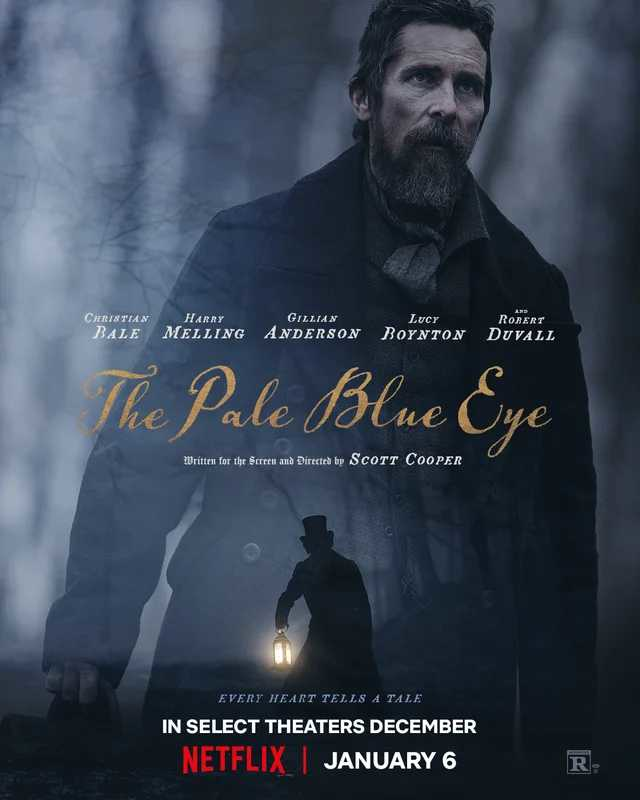There is philosophy amongst men that perfection is attainable. It is that fruit of Eden that we so desperately desire to taste again, and a topic that has inspired thoughts of the greatest personas for a millennium. Desire of perfection has led to outcomes of excellence and despair alike, the dichotomy often coexisting in the host acting as nurturer and parasite, vitalizer and sycophant. In this piece I offer not the hope that we will achieve perfection, nor do I wish to debunk its perilous pursuit; rather I wish to convey a comforting thought that will give peace when the doom of failure towards that most impossible of goals dawns on us time and time again.
Perfection, as we understand it, is a heavenly thing. Like heaven, it is beautiful in our minds. Its visage is unique to the conjuring mind. In that inescapable expanse called the imagination we hold desperately to its majesty, hoping to one day get a glimpse. As the sands of time slip through the hourglass this image shifts, like our focus, but never loses that illustrious gleam that once so fervently captured our hearts. And like heaven, this perfection is something we never see till we pass like those grains of sand ourselves.
What if I told you this beautifully hopeless journey towards the idol of perfection was not the only way? What if I told you there was a way to experience that fruit of Eden? Better yet, what if you were experiencing it every day but have been trained by life and our deplorable society to ignore it? In order to experience these truths we must first question the very nature of our reality by answering the question, “What is real?”
In the same way the world was gilded with a golden core called the Natural Law, the existence of humanity frames those objective moral truths. We do with our subjective perspective and experience, creating a frame of shining silver. C.S. Lewis openly advocates for such experiences and their necessity in the first section of the Abolition of Man. In essence, just because natural objective truths exist, that is: truths that cannot be reasonably argued because the ethos of such is written not only into nature but into our souls, does not diminish from the experiences of the individual. More-so these subjective perspectives are necessary to the discovery of virtues so greatly desired by society yet blocked by the very culture that demands them. Lewis puts it best:
“In a sort of ghastly simplicity we remove the organ and demand the function. We make men without chests and expect of them virtue and enterprise. We laugh at honour and are shocked to find traitors in our midst. We castrate and bid the geldings be fruitful.” (Lewis, 1986)
Why does Lewis call them “men without chests”? What is it that is lacking in these boys that are being crafted into the men of the future that makes them lack the most necessary of bodily cavities? The answer is subjective reality. The ability for one to look at a sunset or a waterfall and say, “That is truly beautiful.” The ability to accept another perspective as being real without particularly being forced to agree with that perspective is what allows us to have virtue. We may know that virtue exists, but it is through our subjective lived experience that these virtues come to life.
Perfection exists in that same ethereal place as virtue. It occupies a place in our heart, and we pursue it with our breath, all to satisfy an appetite for that which our forebears lost. It is from the chest, and our lived experience that our desire for perfection comes, but it is this same imperfect lived experience, the one we clamor through hoping for a glimpse at that pure fruit from the garden, that we find perfection as God intended it to be; imperfect.
I am of the mind that if true perfection as we envision it existed, we would not recognize it because we are blind to the perfection that constantly exists around us. For fleeting moments in time, we experience perfection and just as quickly as it comes, it goes. The beauty of a daughter walking down the aisle. The gleam of love and passion in a newlywed’s eye. The cry of an infant as it takes its first breath. The calm stillness of a lover at peace in your arms. The rustling of the wind through damp forest leaves. The first chills of fall as summer loses its grip. The bite of winter cold that makes you huddle closer to the fire.
Moments of existence are not the only sources of these perfect experiences. They are found in the things that make us who we are. A scar on your wrist from a battle that was won. The dimple on your lip that makes you self-conscious yet sets you apart in another’s eyes. A smile uniquely infectious to any that meet you. Your voice that you despise but inspires the world. Lyrics that burn with truth and pain that speak into the hearts of those that have shared your struggles.
I am of a mind, that should we ever be in the presence of true perfection we would only be able to appreciate it because of our lived experience; experience with that which is imperfect. It is there that true perfection lies.
So I ask: Which is more perfect to you? That which is the embodiment of that idol in your minds eye? Or the multitude of imperfect things, still beautiful in their own way, that lend context? I have my answer, and as with the image of perfection itself, it is a topic that I doubt we shall all ever completely agree.
- C.W. Garrett
#Article #ForerunnerPublications #ChadGarrett
Reference:
Lewis, C. S. (1986). Men without Chests. In 966376908 750947558 C. S. Lewis (Author), The abolition of man, or, Reflections on education with special reference to the teaching of English in the upper forms of schools. New York: Collier Books.
Enjoy this Article? Become a supporter for more amazing articles and other great content!






















